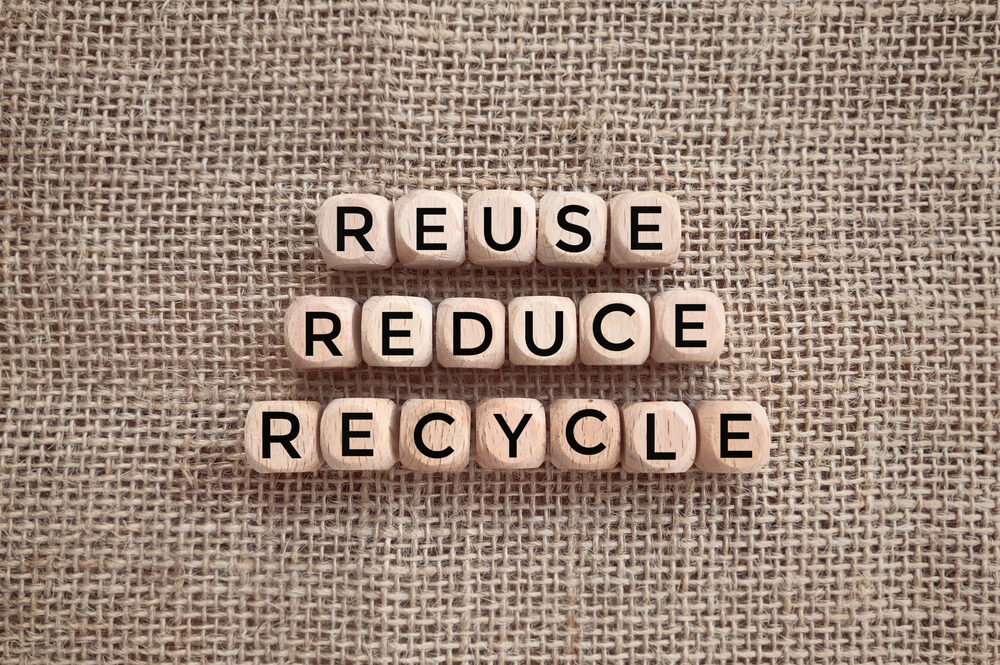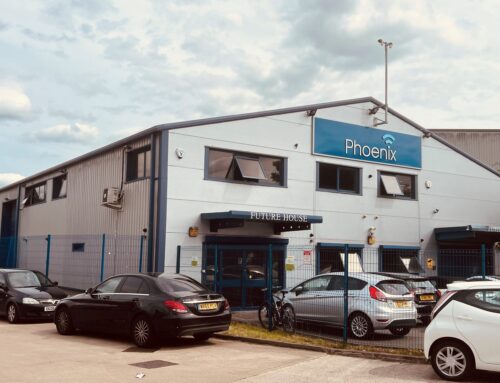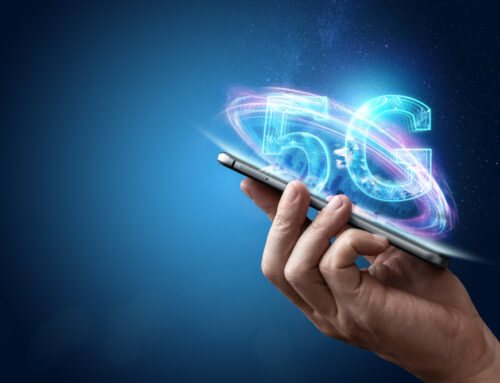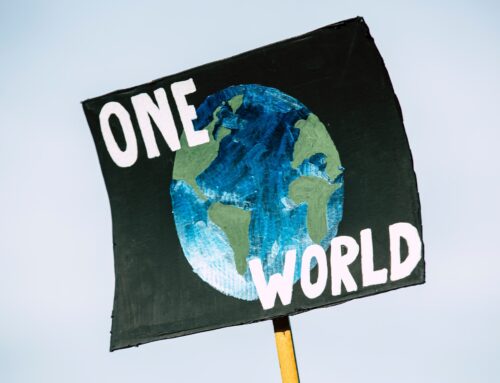Waste not, want not. It’s a simple time-honoured phrase that captures an important truth – that the more careful we are with what we have, the less likely we are to ever go without.
Sadly, for many years the wisdom of those words has been forgotten. Waste has become a defining feature of our times, bringing a whole procession of problems with it.
We spelt out some of these problems In our last blog. We live in a throwaway culture. 9,000 thousand mobile phones are thrown away every second, contributing to 53.6 million metric tonnes of electronic waste that is dumped every year.
The 1.5 billion new mobile handsets that are manufactured every year eat up an enormous amount of plastics and metals, contributing to the exhaustion of finite natural resources like oil and metal ores. And that’s without even going into the carbon emissions all this extracting, processing, manufacturing, and shipping new devices causes, only for them to end up on the scrap heap in a couple of years.
There is an economic imperative behind all of this, of course. Consumer economies need people to keep buying, and for people to keep buying, there needs to be a degree of making room for the new. But what we are now realising that this constant cycle of consumption and waste is simply not sustainable. Carry on down the path we are on, and we will all be left wanting.
That is why a different kind of economic model is emerging, one that recaptures the wisdom of the past and applies it to the modern day. It goes by the name of the circular economy.
Reduce, Reuse, Recycle
As part of the rapidly growing refurbished phone sector, Phoenix Cellular is very proud to have its roots firmly implanted in the circular economy. What do we mean by the term? It’s all about replacing the wasteful consumption cycle of buy, throw away and replace with something else – reduce, reuse, recycle.
Let’s consider all of those terms in turn in the context of mobile phones, starting with reduce. It’s a fair guess that somewhere in your home you have a draw filled with old mobile handsets that you have never got around to trading in. We’ve all done it, and it might not even be all the phones we’ve owned in the past 10 or 15 years if others were part exchanged for new models.
Looking back, did we really need all of those mobile phones? Were all of them at the end of their operational life, was the casing smashed, the electrics fried? Probably not. A lot of the time, we change phone simply to ‘upgrade’ to the latest model, or because a new handset is bundled in as part of a new contract. Not discarding devices that still have plenty of life in them, but using them until they genuinely need replacing, is an important part of reducing waste.
That brings us on to reuse. If you really do fancy a change of phone, you can at least pass your old one on for someone else to buy second hand. And in the true spirit of the circular economy, why not look for a refurbished model that is an upgrade on your current one, rather than buying new? Not only are you extending the life of another phone, you can save a lot of money, too.
Finally, if your phone is starting to show its age or has even broken down completely, there is always the recycle option. For the most damaged handsets, this allows important (and scarce) materials like the metals used in the boards to be recovered and used again, rather than having to keep digging them out of the ground. But for others, there’s always the chance that a thorough refurb could get it looking and working in good order again, ready to be sold on to a new owner.
In summary, then, the circular economy is about protecting finite resources and reducing our impact on the planet by using and reusing goods as much as possible. The booming refurbished phone market, which is making a significant dent in new device sales, is a standout success story for the circular economy, and a shining example of attitudes and habits moving in the right direction.
Waste not, want not. Words for us all to live by again.



